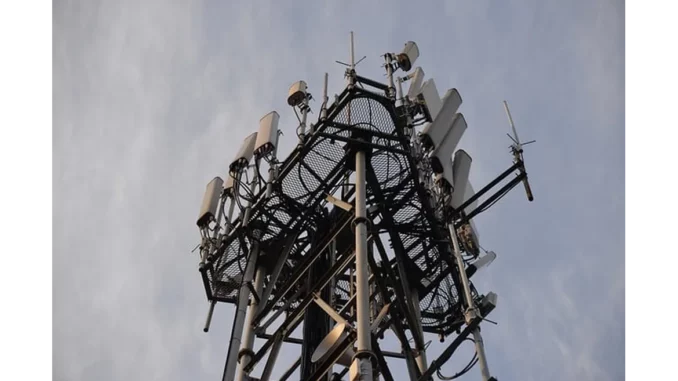
The dawn of 5G technology is ushering in a transformative era for the medical technology sector, poised to redefine the speed and connectivity of healthcare delivery. As we move into 2024, the confluence of 5G with cutting-edge technologies such as robotics, artificial intelligence (AI), and the Internet of Medical Things (IoMT) is reshaping the medtech landscape. This article delves into the profound impact of these innovations and the myriad opportunities they afford to healthcare providers and patients.
TrueNAS: the healthcare storage solution thats secure, scalable, and surprisingly affordable.
The deployment of 5G networks marks a pivotal moment for the healthcare industry, effectively addressing the constraints of its predecessors, notably in speed and latency. With data transfer rates potentially 100 times faster than existing networks, 5G facilitates the seamless transmission of voluminous medical images and supports real-time specialist consultations. This advancement is poised to optimise resource utilisation, enhance personalised care, and elevate patient satisfaction through faster and more reliable connections. One of the most promising applications of 5G is in telesurgery, where it allows surgeons to perform procedures remotely with negligible latency, a boon for remote or underserved regions with limited access to specialised care. Furthermore, 5G augments the use of immersive technologies and video analytics, equipping healthcare providers with tools to improve diagnostic accuracy and patient outcomes.
The synergy of 5G with robotic and AI technologies is revolutionising surgical and diagnostic capabilities. Robotic-assisted surgeries, empowered by 5G, provide enhanced precision and control, enabling surgeons to execute intricate procedures with heightened accuracy. The da Vinci robotic surgical system, for example, leverages 5G connectivity to enable real-time data exchange and remote assistance, significantly enhancing its utility. AI’s role in diagnostics is similarly amplified by 5G, facilitating the rapid processing of vast datasets and enabling real-time analysis. AI-powered devices offer continuous patient monitoring, delivering critical insights that guide treatment decisions. This enhanced connectivity and data integration are reshaping healthcare delivery, making it more efficient and centred around the patient.
The IoMT represents a network of interconnected medical devices and applications that gather and transmit health data. In 2024, the integration of 5G with IoMT is fostering a connected healthcare ecosystem that enables remote monitoring and data-driven decision-making. Devices such as Medtronic’s Guardian Connect, which provides continuous glucose monitoring with remote capabilities, exemplify the IoMT’s potential to improve patient outcomes. By allowing seamless data integration, IoMT devices empower healthcare providers to personalise care and streamline workflow efficiency, particularly valuable in managing chronic conditions where continuous monitoring and timely interventions are critical.
However, the rapid advancement of 5G and emerging technologies also poses challenges for regulatory bodies tasked with ensuring the safety and efficacy of new medical devices. Agencies like the FDA are actively working to develop frameworks that accommodate these technologies’ unique challenges while fostering innovation. Industry leaders must adeptly navigate these regulatory terrains, addressing concerns related to data security and privacy. As healthcare becomes increasingly digital, safeguarding sensitive patient information becomes paramount. Collaboration between industry stakeholders and regulators will be crucial in addressing these challenges and ensuring the successful integration of 5G and emerging technologies into healthcare.
As we look forward, the integration of 5G with robotics, AI, and IoMT is poised to significantly transform the medical technology industry. These technologies present unprecedented opportunities to improve healthcare delivery, enhance patient outcomes, and drive innovation. The future of medtech is interconnected and data-driven, signalling a new era of personalised and efficient healthcare delivery. Keeping abreast of these technological trends and adeptly navigating the associated challenges will be imperative for healthcare providers and industry leaders as they chart a course through this evolving landscape.


Be the first to comment